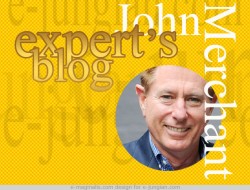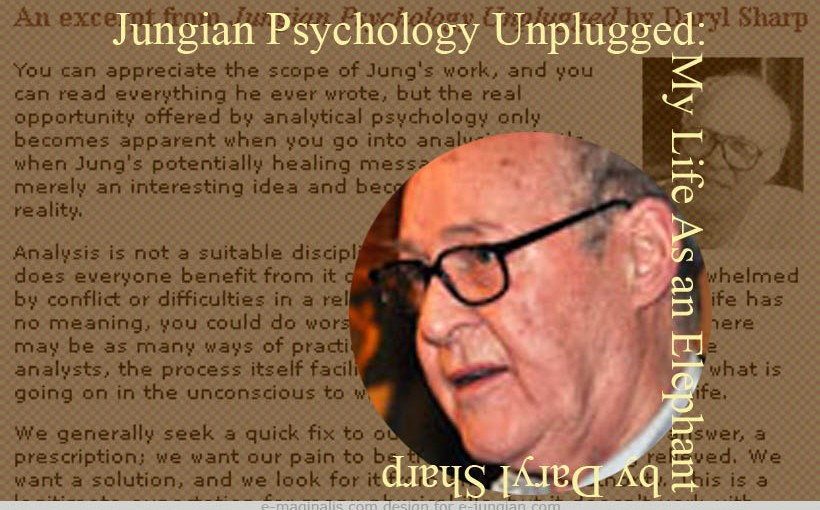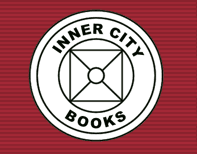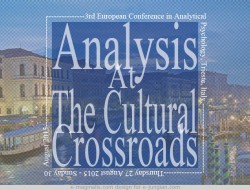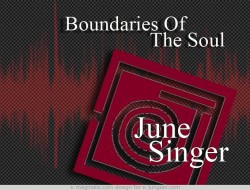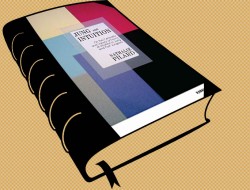An excerpt from Jungian Psychology Unplugged
republished thanks to courtesy of Daryl Sharp
original source: Inner City Books
You can appreciate the scope of Jung’s work, and you can read everything he ever wrote, but the real opportunity offered by analytical psychology only becomes apparent when you go into analysis. That’s when Jung’s potentially healing message stops being merely an interesting idea and becomes an experiential reality.
Analysis is not a suitable discipline for everyone, nor does everyone benefit from it or need it. But when you are overwhelmed by conflict or difficulties in a relationship, or when you feel your life has no meaning, you could do worse than see a Jungian. Although there may be as many ways of practicing Jungian analysis as there are analysts, the process itself facilitates healing because it relates what is going on in the unconscious to what is happening in everyday life.
We generally seek a quick fix to our problems. We want an answer, a prescription; we want our pain to be treated, our suffering relieved. We want a solution, and we look for it from an outside authority. This is a legitimate expectation for many physical ills, but it doesn’t work with psychological problems, where you are obliged to take personal responsibility for the way things are. Then you have to consider your shadow-and everyone else’s-and all the other complexes that drive you and your loved ones up the wall.
What people want and what they need are seldom the same thing. You go into analysis hurting and with some goals and expectations in mind. But pretty soon your personal agenda goes out the window and you find yourself grappling with issues you hadn’t thought of and sore spots you didn’t know were there-or knew but avoided thinking about. It is very exciting, all this new information about yourself. It’s inevitably inflating, and for a while you think you have all the answers-but it can also be quite painful, since things generally get worse before they get better.
It has been said that analysis is only for an elite because it’s expensive and time-consuming. It is true that analysis involves a good deal of time and energy and it’s not cheap. But I have worked with teachers and taxi-drivers, doctors, actors, politicians, artists-men and women in just about every walk of life. Not one of them was independently wealthy. The fee they paid was no small matter. They were able to afford it by making sacrifices in other areas of their life. It is a matter of priorities-you put your money, your energy, into what you value, and if you hurt enough you find a way.
Jungian analysis is not about improving yourself. It doesn’t make you a better person, and it doesn’t insulate you from the slings and arrows of everyday life. Analysis is about becoming conscious of who you are, including your strengths and weaknesses. Analysis is not something that’s done to you. It is a joint effort by two people focused on trying to understand what makes you tick.
In the process of working on yourself you will change, and that can create new problems. Others may not like what you become, or you may no longer like them. Indeed, it may be that as many relationships break up through analysis as are cemented. When you become aware of your complexes, and start taking back what you have projected onto a partner, you may discover there is not much left to hold you together. A difficult experience, certainly, but the sooner you realize you aren’t in the right place, the better. Analysis makes it possible to live one’s experiential truth and accept the consequences.
The particular circumstances that take a person into analysis are as multitudinous as grains of sand on a beach. They could not be called unique, however, any more than one grain of sand differs from another. True, they are always related to the person’s psychology and life situation. But behind these individual details there are general patterns of thought and behavior that have been experienced and expressed since the beginning of mankind.
An understanding of these patterns, found the world over in myths, fairy tales and religions – manifestations of what Jung called the archetypes – gives one a perspective on mundane reality. A knowledge of archetypes and archetypal patterns is a kind of blueprint which can be overlaid on an individual situation. It is an indispensable tool for Jungian analysts, and an overtone that fundamentally distingushes Jungian analysis from any other form of therapy.
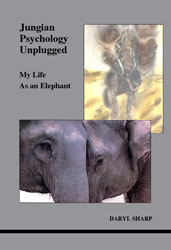 JUNGIAN PSYCHOLOGY UNPLUGGED: My Life As an Elephant
JUNGIAN PSYCHOLOGY UNPLUGGED: My Life As an Elephant
A comprehensive overview of basic Jungian concepts: archetypes and complexes; psychological types; conflict; neurosis; persona and shadow; projection and identification; the puer/puella syndrome; anima and animus; individuation; dream interpretation; active imagination; inflation, self-knowledge and vocation—and much, much more.
Daryl Sharp and the Inner City Books
Daryl Sharp started Inner City Books in 1980 to promote the understanding and practical application of the work of C.G. Jung. It is still the only publishing house in the world devoted exclusively to books written by Jungian analysts. There are now 141 titles by over 50 authors in the series Studies in Jungian Psychology by Jungian Analysts – authoritative works on basic Jungian principles, women’s studies, spirituality, alchemy, relationships, dream and fairy tale interpretation, masculine psychology, midlife issues and much more.
Over a million books have been sold, with more than 250 editions in 20 languages.
Among acclaimed authors of Inner City Books there are Marion Woodman, Marie-Louise von Franz, Edward F. Edinger, James Hollis, James A. Hall, Sylvia Brinton Perera, Eugene Monick, John P. Dourley, Aldo Carotenuto and Janet O. Dallett.












